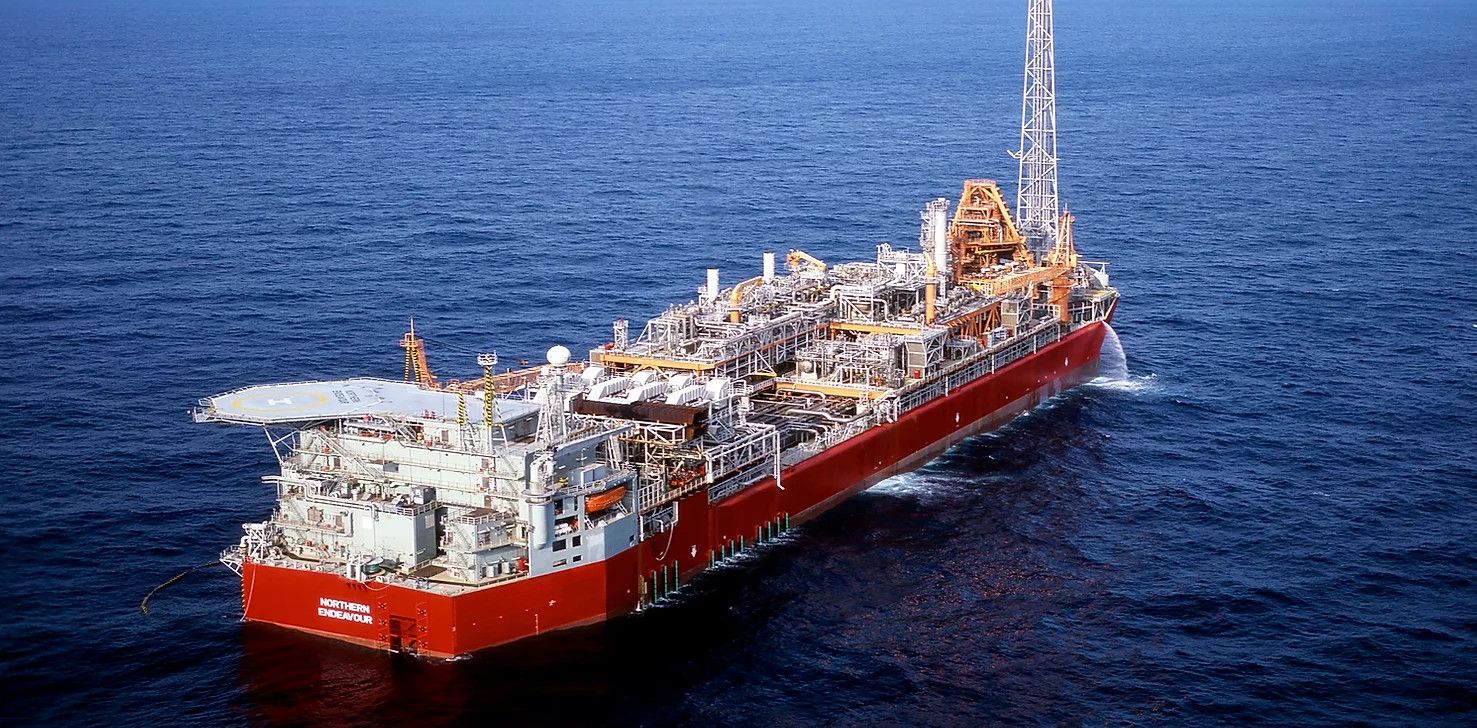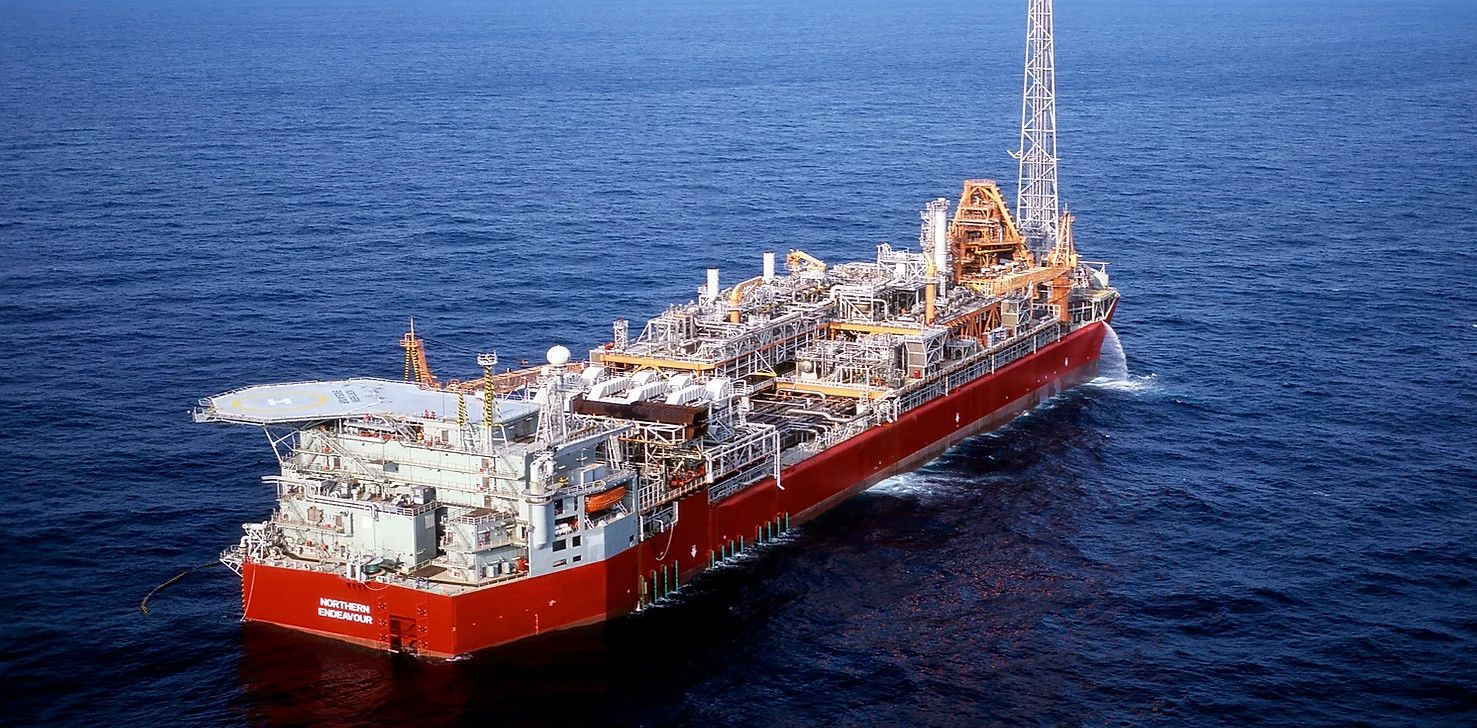Westport bill may jump $1b to keep desalination plant working
Longer pipelines into Cockburn Sound must be built before port construction begins or 15 per cent of Perth's water supply will be lost.
While Australia's offshore oil and gas industry grew safety regulator NOPSEMA was troubled by cost-cutting operators, old wells to clean up and dealing with COVID-19.

EXCLUSIVE
Cost-cutting operators, a divided industry, financial capacity in tough times, and hundreds of wells to clean up are among the top concerns of the past four years at NOPSEMA Advisory Board meetings.
The Board, which is separate from NOPSEMA, meets with the regulator quarterly and provides advice to NOPSEMA chief executive Stuart Smith. However, the regulator must only have regard to the advice and does not have to follow it.
The minutes from 2017 to 2020 have been obtained by a Boiling Cold freedom of information request and a response to a question from Senator Rex Patrick (see below for all documents).
The safety and environmental performance of an offshore oil and gas facility is the responsibility of the operator, usually the biggest holder of equity in the joint venture that owns the oil or gas field. The operator employs the people, runs the show day to day, and bills the other owners for the service.
NOPSEMA's job is to ensure the operators are doing the right thing.
2017 was a busy year. Hours worked offshore increased 30 per cent as four LNG projects were finished at the same time: Chevron's Gorgon and Wheatstone projects, Inpex's Ichthys and Shell's Prelude.
Smith told the Advisory Board in August 2017 that these facilities, especially Prelude and Ichthys, were significantly more complex than what had been built in Australia in the past.
At the same time, new entrants to the industry were taking over older facilities and "contributing to a change to the risk profile of the industry."
In layman's terms, safety and environmental risks were growing, and not just with the newer and smaller operators.
In November 2017, the Board was told of "progressive enforcement action" against BHP after a series of gas releases during the abandonment of wells at the Griffin oil field off the WA coast.
An improvement notice issued the next month revealed that gas was released numerous times into areas where workers were put at risk, and the amount of gas was considerably more than allowed for in the plans for the work.
Damningly the minutes noted: "It is understood BHP were aware of the deficiency and allowed the equipment to continue to be used and they did not notify NOPSEMA."
In February 2018, Smith told the Board that commissioning four LNG projects at the same time was "unprecedented in the industry globally."
Smith had raised with oil and gas lobby group APPEA and the chief executives of the operators that increased risks were getting insufficient attention.
He told the Board the industry's management of safety and the environment displayed a combination of incoherence and complacency.
"It appears industry is focussed on increasing profitability rather than safety," the minutes noted.
Three months later, Smith noted after a meeting with chief executives that the chief executives appeared to have delegated responsibility for safety to others.
The Board discussed an extensive list of concerns about different operators in August 2018.
Inpex had "a range of low-level issues" with electrical equipment that caused NOPSEMA to stop production until they were fixed, and Shell had similar but fewer problems on Prelude.
Woodside had to revise plans to plug and abandon a well due to NOPSEMA's concerns about how unexpected high pressures would be managed.
"Some Woodside staff thanked NOPSEMA as they thought management was not listening," the minutes noted.
The industry still did not have its act together by late 2019 and were "continuing to have difficulty reaching and holding a consistent position on safety and environmental initiatives," according to Smith.
Ken Fitzpatrick, a NOPSEMA board member who also chairs government industry development body National Energy Resources Australia, said NERA experienced similar issues and was also frustrated in its dealings with the industry.
In March 2020 the oil price had halved in three months and the Board flagged the impact of tight economic times on safety. Three months later, several companies had been identified as "prone to falling into financial difficulty" and were being monitored.
Smaller operators had been in NOPSEMA's sights since at least August 2018 when the regulator was concerned about the financial capability of Jadestone, which was buying the Montara oil field from Thailand's PTTEP.
At the same time, an inspection of Triangle Energy's Cliff Head operation off the coast of Dongara was an example of "risks associated the sale of late-life assets to smaller title holders."
In September 2020, concerns about the loss of technical expertise in safety-critical positions as operators shed staff to cut costs were discussed. There had been a 30 per cent cut in hours worked offshore during the previous four months.
Workers were leaving the industry to escape COVID-related pressures and spend more time with their families, some of whom has not been seen in six months.
One upside of COVID from NOPSEMA's perspective was improved communication and cooperation between the regulator, operators and unions.
Smith noted that operators' adoption of best practices was often prevented by each company preferring its way of doing things, but they worked well together during the pandemic.
No offshore facility was mentioned at Board meetings more than the ex-Woodside Northern Endeavour oil vessel in the Timor Sea, starting in late 2017 with a query about why a journalist had put in a freedom of information request about the facility.
The reason was that budget cutbacks and pressure to maintain production made the Northern Endeavor a dangerous place to work.

Northern Oil and Gas Australia that owned the Northern Endeavour went into administration in September 2019. Two months later then Resources Minister Matt Canavan told the Board that the industry did not want to pay a levy to clean up the oil field, but the Government was looking at all options.
Smith said in March 2020, a month after NOGA went into liquidation, that the industry was divided on the way forward.
"The Board noted that while it was a difficult issue, it was important for industry to maintain credibility with the community."
By June 2020 the Government had decided it did want to levy the industry, according to Smith.
The Federal Government commissioned experienced UK regulator Steve Walker to report on the failure of the Northern Endeavour and released a summary report in August.
The next month the Board noted "the full report has not been released by the Minister, nor has it been seen by NOPSEMA."
Incredibly Australia's offshore oil and gas regulator did not see the full report until it was released after a freedom of information request.

The cost of cleaning up the Northern Endeavour may not be the only levy imposed on the industry as the Government also has to also deal with so-called "orphan wells" that have not been fully plugged and abandoned but have no company legally responsible for these older wells.
While fewer than 20 have been identified, each could cost about $15 million to plug and abandon. Smith noted in November 2019 that the Government could recoup this cost from industry using existing levies.
The orphan wells are among about 250 wells in Australian waters that are classified as suspended, some for more than 20 years.
A suspended well no longer produces oil or gas but has not been made permanently safe by being plugged and abandoned.
Smith said the wells were not posing a significant environmental risk at present but did need to be addressed in the longer term.
The minutes noted, "that while it has been a legal obligation to fully remove equipment since the 1960s, industry appears to not have had this as the default consideration in their planning, nor have assets been valued on the basis of full removal."
In other words, the operators have not planned to do the clean-up work they are required to, and not fully recognised the future costs on their books.
Identification of wells that need to be plugged and abandoned has been complicated by many of the records residing with State authorities that governed offshore wells before NOPSEMA was formed.
NOPSEMA Advisory Board minutes of meetings: 2017 to 2020
Main image: Offshore platform picture in NOPSEMA's foyer. Source: Peter Milne
All the info and a bit of comment on WA energy and climate every Friday